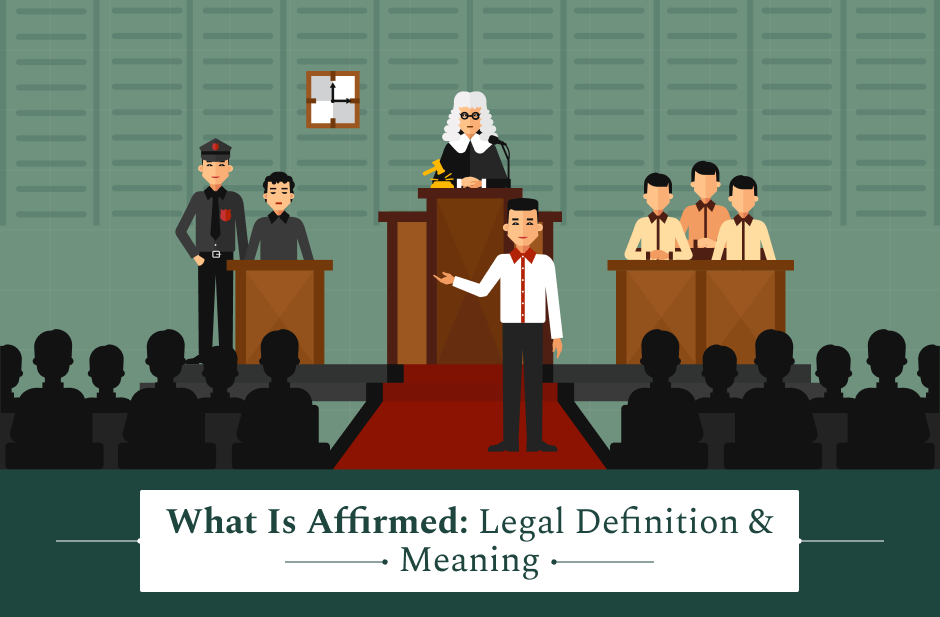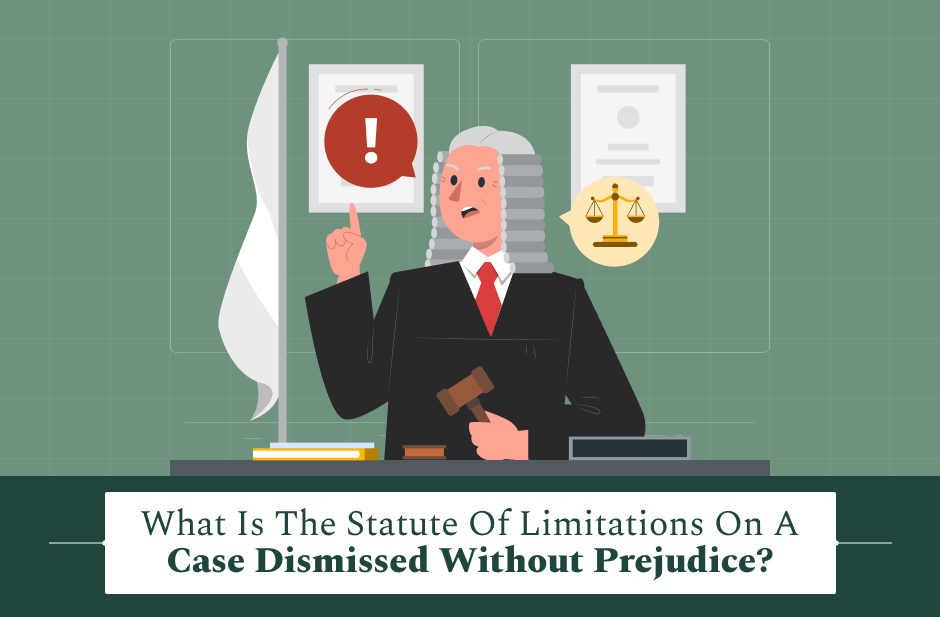When facing legal challenges, the path to resolution often seems fraught with complexity and uncertainty. Whether dealing with a family dispute, planning your estate, or facing criminal charges, the support of a skilled lawyer is invaluable. This comprehensive guide highlights the crucial steps to identifying and engaging a legal professional who can effectively address your needs.
Understanding Your Legal Situation

Before embarking on your search for legal assistance, it’s imperative to have a clear understanding of your legal issue. This clarity will not only help you in your search for the right lawyer but also in communicating your needs effectively once you engage their services.
Categories of Legal Practice

Legal practice encompasses various fields, each with its laws and regulations. Common areas include:
- Family Law: Deals with divorce, child custody, and adoption.
- Criminal Law: Involves the prosecution of individuals accused of committing crimes.
- Estate Planning: Focuses on managing and distributing an individual’s estate after death.
- Personal Injury: Pertains to cases where individuals seek compensation for injuries caused by others.
- Business Law: Covers business creation, management, and operations issues.
Selecting the Right Lawyer

Choosing the right lawyer is a decision that should be made with care and consideration. Here are some steps to guide you through the process:
- Identify Your Needs: Based on your understanding of your legal situation, determine what you need in a lawyer. Consider their area of expertise, experience, and the complexity of your case.
- Research and Recommendations: Seek recommendations from friends, family, or business associates. Additionally, online research can provide valuable insights into a lawyer’s reputation and areas of specialization.
- Consultations: Arrange consultations with potential lawyers. This is a chance to discuss your case, understand their approach, and gauge your comfort level with them.
- Experience and Expertise: Ensure the lawyer you choose has experience and expertise in the specific area of law relevant to your case.
- Fees and Billing: Understand how the lawyer bills for their services. This can vary widely, from hourly rates to flat fees, and understanding this upfront can help avoid surprises later.
1. Determining Your Legal Requirements
Determining your legal needs is the first step in selecting the best attorney. Choosing the best legal expert for your case depends much on its nature, whether it is a family issue, a commercial conflict, or a real estate transaction.
2. Examining Georgian Specializations
Georgia has a wide range of legal specializations, each addressing distinct legal issues. Your search for the right kind of lawyer will be facilitated if you know what kind of lawyer you need, from family law attorneys and business litigators to real estate attorneys and criminal defense attorneys.
3. Taking Experience and Expertise Into Account
Take into account a lawyer’s experience and knowledge in the appropriate sector while choosing one. A lawyer with experience in your particular field of law is more likely to offer educated and efficient counsel, improving the likelihood of a successful result.
4. Looking for Suggestions
Speak with others in your network who have dealt with comparable legal issues to get recommendations. Personal experiences can provide important information about the kind of lawyer that would be most appropriate for your situation.
5. Discussion of Cases and Consultation
Make appointments to speak with possible attorneys about your situation. In these sessions, ask them about their prior experience with cases comparable to yours, how they handle legal issues, and how they will handle your particular needs.
6. Financial Points to Remember
The fee arrangements of different kinds of attorneys could differ. Recognize the financial consequences of selecting the kind of legal assistance you require, whether it be through various fee structures, hourly rates, or a retainer.
7. Having Faith in Your Gut
When choosing a lawyer, it’s important to trust your instincts. A strong and positive relationship with your lawyer is crucial for maintaining effective communication and collaboration throughout the legal process. A legal case can be a complex and emotional journey, and having a lawyer who understands you and your situation can make all the difference in achieving a favorable outcome. Therefore, take the time to find someone who makes you feel comfortable, confident, and well-informed.
What to Look For in a Lawyer
When meeting with potential lawyers, consider the following qualities:
- Communication Skills: Your lawyer should be able to explain complex legal concepts in a way you can understand.
- Availability: They should be accessible and responsive to your questions and concerns.
- Trust and Comfort: You should feel comfortable discussing personal or sensitive information with them.
Legal Resources and Support Services

In addition to individual lawyers and law firms, various resources are available to help you navigate your legal journey. Legal aid societies, online legal services, and local bar associations can offer guidance and, in some cases, representation for those who qualify.
Tips On Choosing Legal Support Services

Here are some tips for choosing the correct legal support services:
Examine your choices
Before retaining any kind of legal advice, take the time to investigate available resources for help. Verifying that the legal team has a license to practice law in your jurisdiction is crucial. While free or inexpensive, online legal help services could not offer enough coverage.
Online service providers might be employed for continuous requirements, or they can give legal guidance on an as-needed basis. In this instance, access to legal assistance services, such as unrestricted legal consultations, is provided at a monthly charge. These websites can also put you in touch with pre-screened attorneys in your region. Look for lawyers with experience in your field’s sector if you need legal services in person.
Before hiring, have a meeting with possible attorneys.
Make appointments and phone calls with each potential lawyer before selecting one. As they will probably have access to the most private information about your company, this individual should be someone you can fairly trust and feel at ease with. If you are going to take suggestions, think about hiring attorneys solely who have a lengthy history of working with someone you trust.
Making an Informed Choice
Once you’ve conducted your research and consultations, choose a lawyer who meets your legal needs and with whom you feel a strong professional rapport. Trust, after all, is the foundation of any successful legal partnership.
For those searching for legal representation in the southwestern United States, particularly in Utah, attorneys in St George, Utah, stand out for their dedication and expertise across various legal fields.
Final Thoughts
Selecting suitable legal representation is a pivotal step towards navigating the complexities of the legal system. You can confidently approach your legal challenges by taking the time to understand your needs, researching potential candidates, and ensuring a good fit between you and your lawyer.
Remember, the right lawyer offers expert legal advice, representation, and peace of mind during a stressful time. Your journey through the legal process is a partnership, and finding the right partner is critical to achieving a favorable outcome.
Read Also:
















